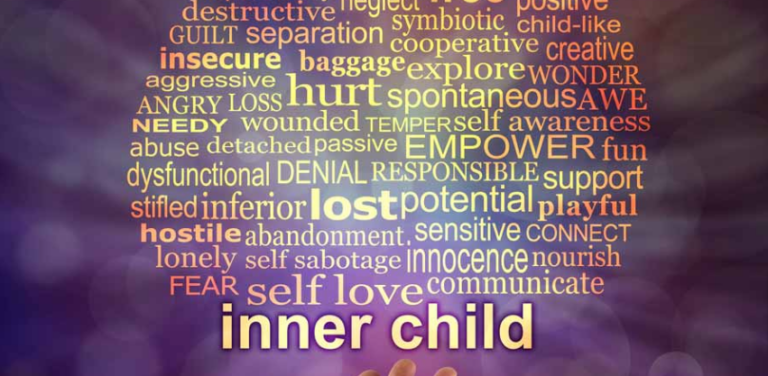After going through any type of emotional trauma, it’s normal to feel a variety of emotions.
Some people feel fear. Others feel anxiety or anger. And some who have experienced trauma even go through feelings of guilt and shame.
Shame can be a very particularly difficult emotion to deal with after you’ve been through a traumatic life event. Why? Because it causes you to judge yourself in a negative way.
Therefore, if you think you’re worthless or weak as the result of a specific, traumatizing incident, you’re likely experiencing this self-conscious emotion.
But why would shame and emotional trauma be related? Here’s how.

Experiencing Shame After a Traumatic Event
Studies have shown that shame is often linked to post-traumatic stress disorder (PTSD). For example, veterans who had to go through horrible circumstances during war time may now feel as though they’re weak or useless.
People who have experienced abuse or domestic violence might also feel shameful. This could be because their abuser drilled those thoughts into their head. Or it may be because they had to live with the abuse for so long they don’t know how else to view themselves.
When you deal with trauma over and over again (especially emotionally), you can start to break down and believe these negative things about yourself. That’s one reason people who are in abusive relationships tend to stay in abusive relationships for a long period of time.
No matter what type of emotional trauma you’ve been through, understanding the root cause of it is often the first step in letting it go. Talking about and understanding why you may be feeling certain emotions over others can be an important step in reducing shame.
How Shame Can Lead to Unhealthy Habits
While shame isn’t uncommon after emotional trauma, it’s also an incredibly painful experience. When you see yourself in a negative light, it’s easier to take part in harmful behaviors.
As a result, people who feel shameful after trauma are more likely to develop unhealthy coping strategies. This can include things like alcohol or drug use, self-destructive behaviors, or even self-harm.
You might start to feel as though your entire life has been worthless, which can trigger severe depression and even suicidal thoughts.
Coping With Shame and Seeking Help
It’s extremely important to learn how to manage and cope with shame after a traumatic event. That doesn’t mean it’s easy.
One of the best things you can do is to turn your negative self-talk around. If shame causes you to tell yourself that you’re worthless or triggers you toward self-destructive behavior, take a step back. Think about how you can put a positive spin on it. Instead of thinking poorly about yourself, do something kind and compassionate for yourself.
Sometimes, something as simple as distracting yourself from those thoughts of shame can be a big help. When you focus on your negative emotions, you’re giving them more power. So, if you start to feel shameful, purposefully direct your attention elsewhere for a few minutes.
Again, these tactics aren’t always easy to implement, but with time and effort, they can take away the power of shame.
—
If you’re still struggling and you feel shame or guilt after experiencing emotional trauma, please don’t hesitate to contact us.
Unfortunately, there are still many stigmas and stereotypes associated with trauma and PTSD. As a result, many people don’t seek out treatment when they need it. But professional help can make a big difference in how quickly and easily you let go of your shame.






